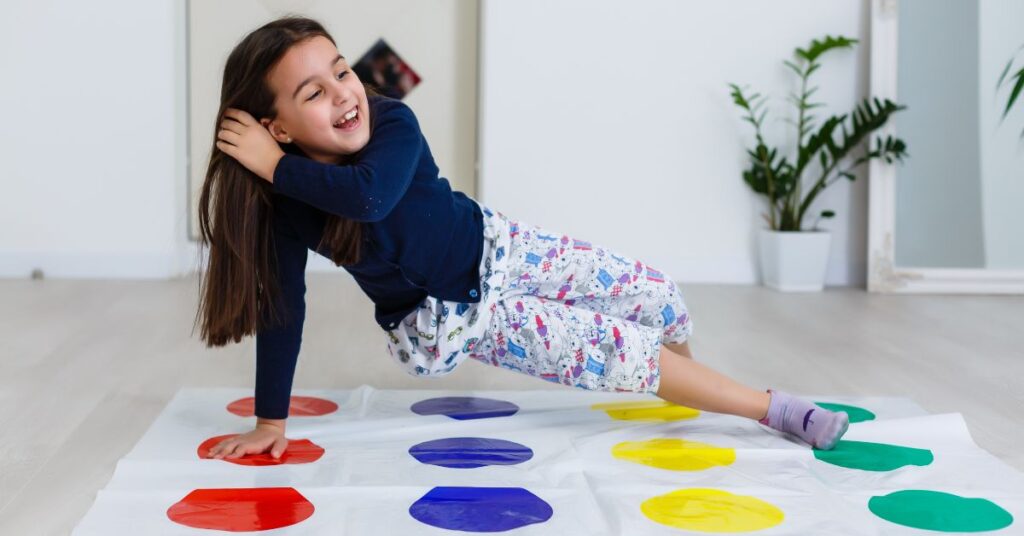
Have You Tried These Apraxia Exercises?
admin
- 0
Apraxia exercises can make speaking and doing things tough disabilities, but there’s hope! Simple exercises can make a big difference. Let’s dive in and explore some easy exercises to help.

Understanding Apraxia
Apraxia makes it hard for the brain to send the right signals to move muscles. This can affect speech and daily tasks. But with practice and exercises, things can get better.
Why Apraxia Exercises Matter
Just like practicing to play a sport or a musical instrument makes you better, apraxia exercises do the same for speaking and moving. They help muscles remember the right movements over time.
Try These Apraxia Exercises of Speech Activities for Adults
Here are some fun and effective activities to improve speech:
Tongue Twisters: Saying tongue twisters helps with practicing sounds and words. Try saying “She sells sea shells” faster each time!
Mirror Talk: Watching your mouth move in the mirror while speaking helps with seeing and feeling the right movements.
Sing Along: Singing songs helps with rhythm and speech. Pick your favorite song and sing along!
Occupational Therapy Activities for Apraxia
Occupational therapists are experts who can help with apraxia too. They use special games and tasks to make muscles work better.
Here are some activities they might suggest:
Puzzles: Putting together puzzles helps with hand-eye coordination and muscle control.
Drawing and Coloring: These activities help with hand muscles and coordination.
Play Dough Fun: Playing with play dough can strengthen hand muscles and improve fine motor skills.
High-Five Points to Remember
Practice Makes Perfect: The more you practice, the better you get.
Be Patient: It takes time for muscles to learn new movements.
Have Fun: Make exercises fun by turning them into games or challenges.
Stay Consistent: Doing exercises regularly gives the best results.
Seek Help: Don’t hesitate to ask for help from a therapist or expert.
Frequently Asked Questions(FAQs)
1.What is apraxia?
Apraxia is when someone finds it hard to move muscles to speak or do things.
2.Do these exercises work for kids too?
Yes, these exercises can help kids and adults both.
3.How often should I do these exercises?
Aim to do them a few times a day for best results.
4.Can occupational therapy help with apraxia?
Absolutely! Therapists have special games and tasks that can help.
5.Where can I find more apraxia exercises?
You can find more exercises online or by asking a therapist for ideas.
Remember, with the right exercises and support, managing apraxia becomes easier. Stay positive and keep practicing!

